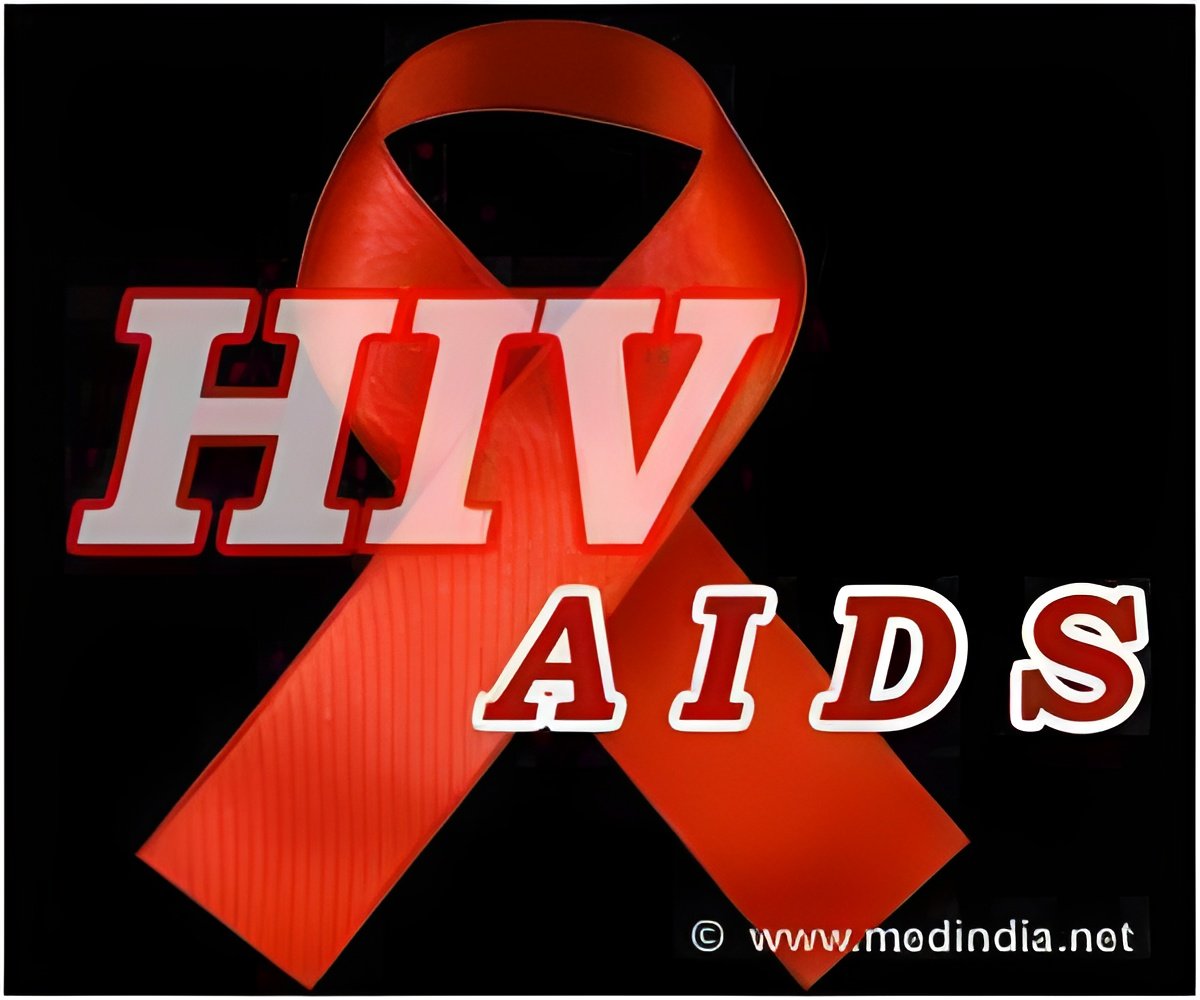
The guidelines include recommendations in several key areas, including: entry into and retention in care; monitoring adherence to HIV care and antiretroviral therapy (ART); interventions to improve ART adherence including those involving choice of ART regimens; adherence tools for patients; education and counseling; and health system and service delivery interventions. The needs of special populations, including children and adolescents, are also addressed in the guidelines, as are recommendations for future research in these areas.
Young patients with HIV/AIDS often face compounded psychological, social, economic, and medical challenges that may create barriers to their ability to thrive in adulthood. Adolescents with HIV have higher rates of cognitive impairment and mental health problems like anxiety, depression, ADHD and PTSD. In addition, taking medications consistently can be very challenging for these patients for a variety of reasons. Among these are simply forgetting, fears of disclosing their disease status, an inconsistent daily routine, negative drug side-effects, and not taking medication when one is feeling well for a period of time.
WHO: Nadia Dowshen, MD, director of Adolescent HIV Services, Craig Dalsimer Division of Adolescent Medicine, Children's Hospital of Philadelphia and Assistant Professor, Department of Pediatrics, University of Pennsylvania School of Medicine, was the lead author on recommendations pertaining to adolescents and has helped to develop and implement promising adherence interventions (including using interactive text messaging) and comprehensive care for this vulnerable population, through the CHOP Adolescent Initiative program which provides care to more than 150 youth living with HIV/AIDS.
Source-Eurekalert













